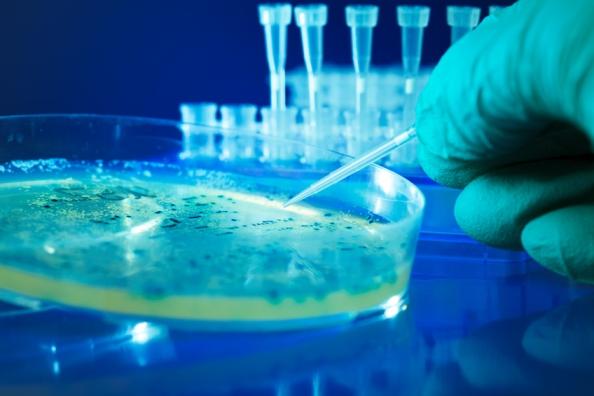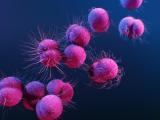Because of rapidly increasing resistance to antibiotics, the World Health Organization (WHO) today announced revised treatment recommendations for three sexually transmitted diseases (STDs): gonorrhea, syphilis, and chlamydia.
Though antibiotic resistance has been growing for all three conditions, health officials worry most about gonorrhea, because multidrug-resistant strains have already been detected that don't respond to any available antibiotics, making those infections untreatable. The WHO said the need for the update on gonorrhea—the first since 2003— was urgent.
The WHO said although antibiotic resistance in chlamydia and syphilis is less common, prevention and prompt treatment are critical.
Ian Askew, PhD, the WHO's director of reproductive health and research, said in a WHO press release that the trio of STDs affect millions of people worldwide, impeding quality of life and causing serious illness that is sometimes fatal. "The new WHO guidelines reinforce the need to treat these STIs [sexually transmitted infections] with the right antibiotic, at the right dose, and the right time to reduce their spread and improve sexual and reproductive health," he said.
An underlying theme of the new guidance is how important it is for national health services to monitor antibiotic resistance patterns within their countries, Askew said. The WHO spelled out the updated recommendations in separate modules for each of the three conditions.
Quinolones out for gonorrhea
Affecting an estimated 78 million people each year, Neisseria gonorrhoeae has become widely resistant, and older, cheaper antibiotics have lost their treatment effectiveness. The WHO said antibiotic resistance has appeared and expanded with every release of a new antibiotic class for managing gonorrhea.
According to the guidance update, countries should track antibiotic resistance patterns in the strains that are circulating in their populations.
Quinolone antibiotics are no longer recommended for treating gonorrhea because of widespread high levels of resistance.
The WHO also said strains are showing decreased susceptibility to extended-spectrum (third-generation) cephalosporins, a recommended first-line treatment from its 2003 guidelines. Several countries have reported treatment failures, the agency said.
New guidance now covers recommendations for treating oropharyngeal infections and retreatment after treatment failure. The WHO said dual therapy is now preferred over single therapy, with single therapy based on local resistance data.
Updated guidance contains changes to some dosages and suggests new topical medications for the prevention of ophthalmia neonatorum, a type of conjunctivitis contracted by babies born to infected mothers.
Single injection recommended for syphilis
Syphilis affects about 5.6 million people each year, and infected mothers can pass the disease to their unborn babies, which can result in early fetal death or stillbirth. In its guidance, the WHO said resistance to azithromycin has been reported in some strains of Treponema pallidum, the bacterium that causes syphilis.
To cure the disease, the WHO's new guidance strongly recommends a single dose of benzathine penicillin, an antibiotic injected into the patient's buttock or thigh. The drug is more effective and cheaper than oral antibiotics, the WHO said.
Though benzathine penicillin was deemed an essential medicine in May by the World Health Assembly, shortages have been reported for the past several years, and the WHO said it has received out-of-stock reports from antenatal care groups and from health providers in countries that have high syphilis burdens.
The WHO said it is working with partners to monitor the global supply of the drug and to help bridge the gaps between needs and supply.
New guidelines also address congenital syphilis, including considerations for pregnant women, people living with HIV, immunocompromised patients, and key populations such as sex workers, men who have sex with men, and transgender people.
First-line chlamydia treatment
The WHO estimates that 131 million people are infected with chlamydia each year, making it the most common bacterial STI. People infected with Chlamydia trachomatis are frequently co-infected with gonorrhea.
Treatment failures have been reported for tetracyclines and macrolides, according to the WHO. The new guidance provides updates for first- and second-line treatment of the disease.
The chlamydia module includes nine treatment recommendations for genital infections and lymphogranuloma venereum, the more invasive, chronic form of the disease caused by a different subtype. Recommendations also address key populations, such as those living with HIV, and include specific recommendations for genital chlamydia infection in pregnant women and for prevention of ophthalmia neonatorum.
See also:
Aug 30 WHO press release
Aug 30 WHO updated gonorrhea treatment guidelines
Aug 30 WHO updated syphilis treatment guidelines
Aug 30 WHO updated chlamydia treatment guidelines




















